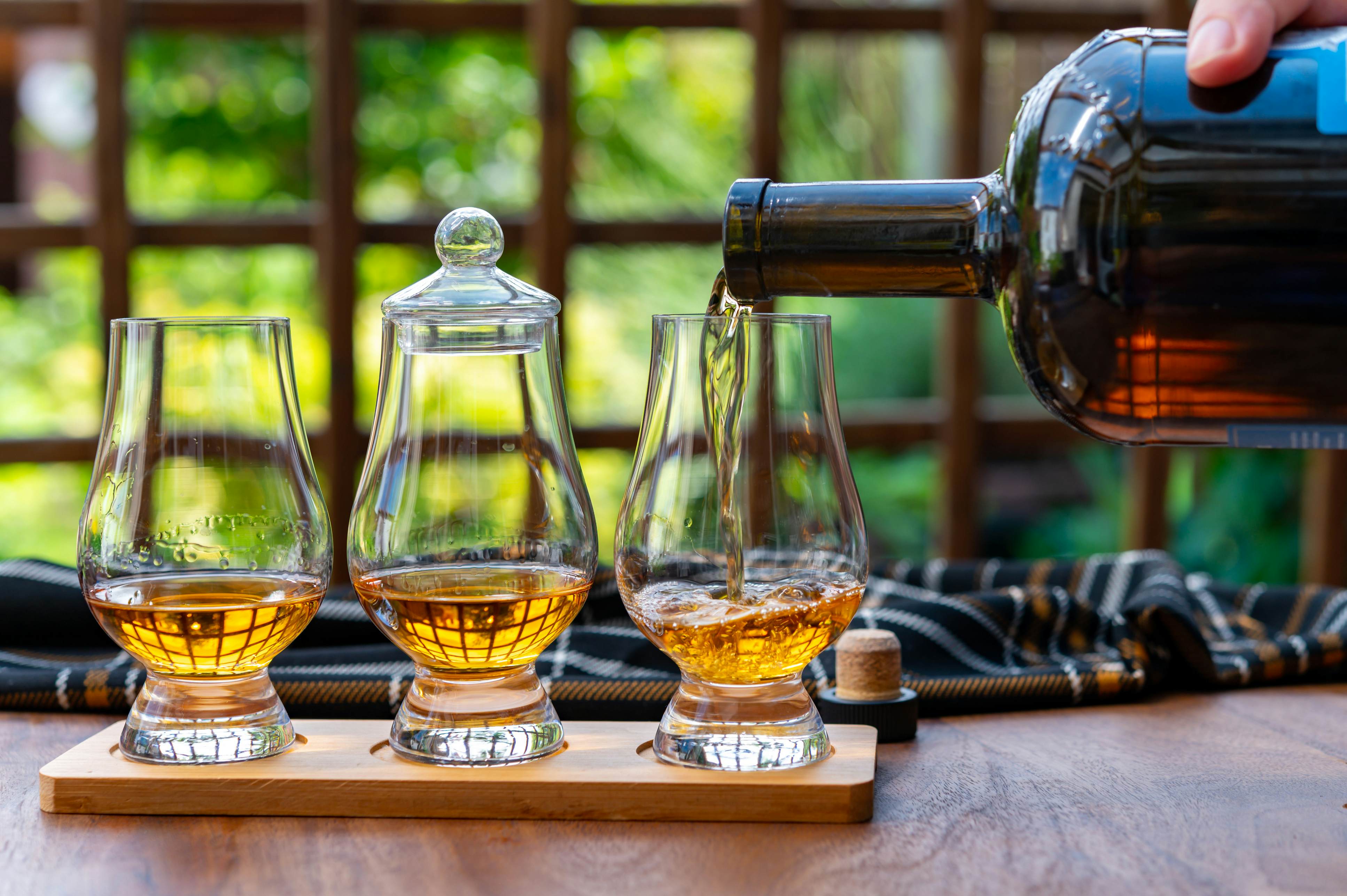An Introduction to Whiskey: History, Types, and Production
Welcome to The World of Whiskey, your go-to source for all things whiskey. In this article, we'll be giving you a brief introduction to the history, types, and production of whiskey.
What is Whiskey?
Whiskey is a type of distilled alcoholic beverage made from fermented grain mash. The word "whiskey" comes from the Gaelic word "uisce," meaning "water," and "beatha," meaning "life." Whiskey has a long history dating back to the 15th century, with roots in Ireland and Scotland. It is believed that the first whiskey was made by Irish monks in the early 15th century, who used it as a medicinal drink. Whiskey quickly gained popularity and became a staple in many countries around the world.
Types of Whiskey
There are many different types of whiskey, including Scotch, Irish, Bourbon, and more. Scotch whiskey is made in Scotland and is typically made from malted barley. It is typically aged for at least three years in oak barrels, and must be made according to strict guidelines in order to be considered Scotch. Irish whiskey is made in Ireland and is often made from a blend of grains, including barley, wheat, and corn. It is typically aged for at least three years in oak barrels, and is known for its smooth and mellow flavor. Bourbon is a type of American whiskey that is made from at least 51% corn and aged in charred oak barrels. It is known for its rich and complex flavor, with notes of caramel, vanilla, and oak.
Production Process
The production process for whiskey involves several steps, including mashing, fermentation, distillation, and aging. Mashing involves grinding the grain and mixing it with water to create a mash. Fermentation occurs when yeast is added to the mash, converting the sugars into alcohol. Distillation involves separating the alcohol from the water and impurities through heating and cooling. The resulting liquid, called "new make," is then aged in oak barrels. The length of time that the whiskey is aged varies depending on the type of whiskey and the desired flavor profile.
By understanding the history, types, and production of whiskey, you'll have a better appreciation for this complex and sophisticated spirit. In future articles, we'll dive deeper into the world of whiskey and explore the different types, regions, and cultural significance of this beloved drink. Stay tuned!
Conclusion
We hope you've enjoyed this brief introduction to the world of whiskey. From its rich history and diverse types to its intricate production process, whiskey is a complex and fascinating spirit. In future articles, we'll delve deeper into the world of whiskey and explore its many facets in greater depth. Stay tuned for more from The World of Whiskey!

Comments
Post a Comment